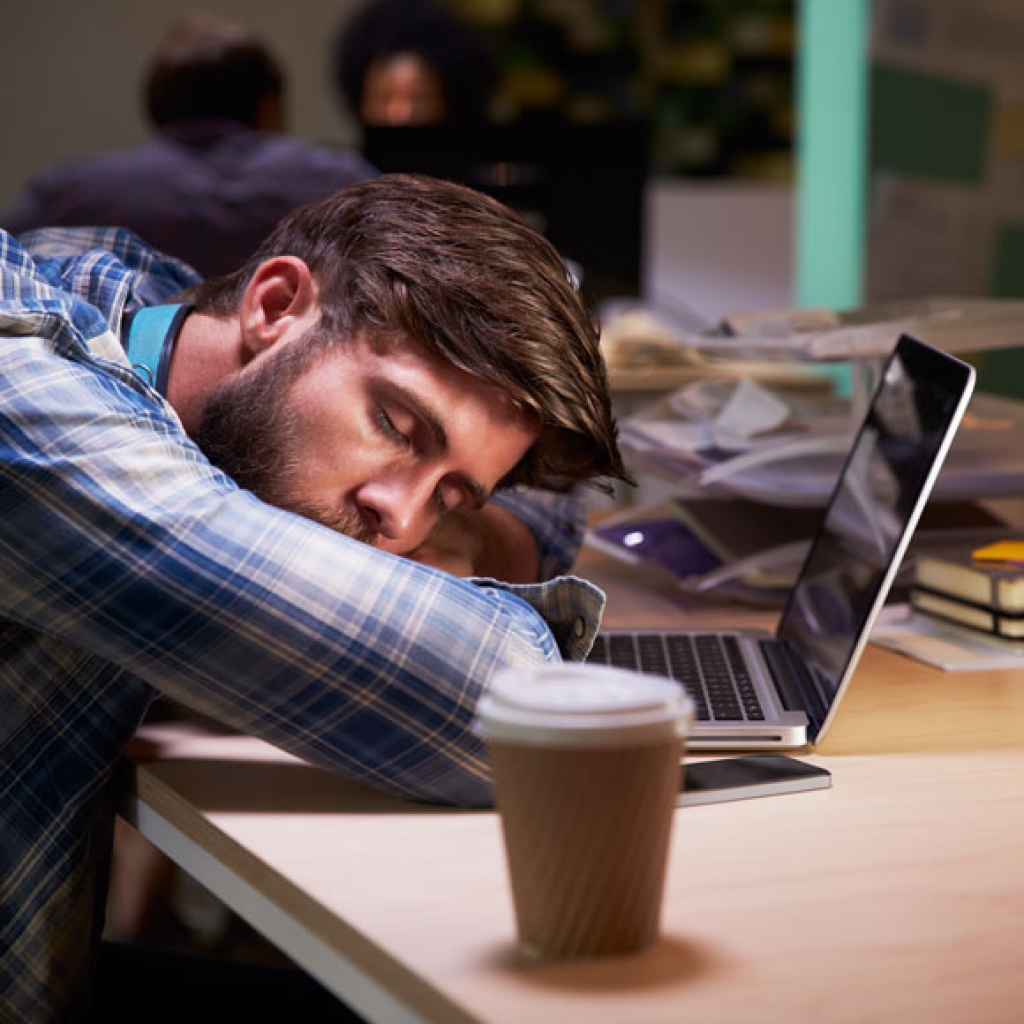Daily Dish the Nugget Markets blog

Got Sleep?
Health Notes from Dr. Liz
Please note that this is an older article. Any products or services pictured or described may have changed or may no longer be available. Thank you for visiting!
Probably not enough... sleep, that is. Many health experts agree that most of us operate on too few hours of sleep: children, teens, young adults, middle aged and older people alike are just not getting enough rest. We either aren’t allotting sufficient time for sleep due to many distractions (TV, video games and other screen activities, etc.), or we are experiencing disrupted sleep due to a host of other reasons, including daily stressors and even dietary issues.
Probably not enough... sleep, that is. Many health experts agree that most of us operate on too few hours of sleep: children, teens, young adults, middle aged and older people alike are just not getting enough rest. We either aren’t allotting sufficient time for sleep due to many distractions (TV, video games and other screen activities, etc.), or we are experiencing disrupted sleep due to a host of other reasons, including daily stressors and even dietary issues.
Restful sleep is crucial for growing children, but it is also important for people of all ages to recuperate from the day, both mentally and physically. Sleep experts suggest making restful sleep a priority in your household by following a few simple steps.
- Establish a “bedtime” and start to wind down beforehand so that you can begin to slow the pace of your busy day (this goes for kids as well).
- Shut off TVs, tablets, computers and other screens a least an hour before bed to give yourself a visual (and mental) break as you get ready to sleep.
- Avoid exercising right before bedtime as this arouses your brain and other systems — make sure to leave at least two hours between your workout and your pillow.
What you eat and drink may also help — or hinder — your slumber. If you struggle with getting solid sleep, give these tips a try:
- Limit caffeine (coffee, soda, tea and energy drinks) by early afternoon as it takes several hours for this stimulant to clear from your system. Caffeine is known to keep a person from falling asleep due to overstimulation.
- Avoid eating a large meal in the evening — the more you eat, the longer it takes to digest, and your body can’t slow systems down for good night’s sleep.
- Keep spicy foods, mint and chocolate to a minimum in the evening, as these foods may cause reflux (acid in the esophagus), which can cause discomfort and disrupt sleep.
- Limit alcohol, which initially can make you feel drowsy, but ultimately negatively impacts sleep cycles so that your rest is anything but restful.
- Check with your health care provider before using over-the-counter sleep supplements, such as melatonin or tryptophan, as these may have side effects.
